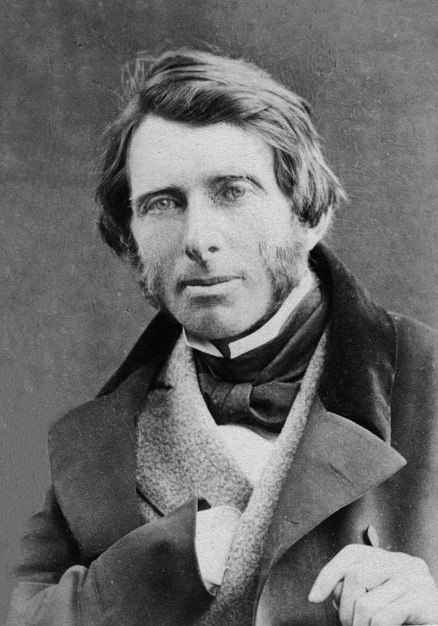Джон Рёскин знаменитые цитаты
Джон Рёскин Цитаты о мужчинах
Джон Рёскин Цитаты о силе
живопись
Источник: Искусство и действительность
архитектура
Источник: Семь светочей архитектуры
Джон Рёскин цитаты
„Больше всего я любил рыть ямы, форма садоводства, которая — увы! — не встречала одобрения матери.“
яма
Источник: Избранные мысли Джона Рёскина
орёл
Источник: Семь светочей архитектуры
дворец
Источник: Камни Венеции
мрамор
Источник: Камни Венеции
архитектура
Источник: Камни Венеции
Источник: Ричард Докинз, «Бог как иллюзия» (2006) // пер. с англ. Н. Смелковой. — М: КоЛибри (Иностранка), 2008. — гл. 4.
мысли, дерево
Источник: Искусство и действительность
художник
Источник: Искусство и действительность
мрамор
Источник: Камни Венеции
Джон Рёскин: Цитаты на английском языке
Источник: Dictionary of Burning Words of Brilliant Writers (1895), P. 267.
Lecture II, section 35
The Eagle's Nest (1872)
Volume II, chapter VI, section 12
The Stones of Venice (1853)
Praeterita, volume I, chapter IX (1885-1889)
Sesame and Lilies
A Joy for Ever, note 6 (1857)
The natural and right system respecting all labour is, that it should be paid at a fixed rate, but the good workman employed, and the bad workman unemployed. The false, unnatural, and destructive system is when the bad workman is allowed to offer his work at half-price, and either take the place of the good, or force him by his competition to work for an inadequate sum.
Essay I: "The Roots of Honour," section 29
Unto This Last (1860)
you ask. "Well, I'll get more," he says. Just as at cricket, you get more runs. There's no use in the runs, but to get more of them than other people is the game. So all that great foul city of London there, — rattling, growling, smoking, stinking, — a ghastly heap of fermenting brickwork, pouring out poison at every pore, — you fancy it is a city of work? Not a street of it! It is a great city of play; very nasty play and very hard play, but still play.
The Crown of Wild Olive, lecture I: Work, sections 23-24 (1866)
“All of one's life is a music, if one touches the notes rightly and in time.”
Lecture IV: The Crystal Orders, section 35
The Ethics of the Dust (1875)
“To make your children capable of honesty is the beginning of education.”
Letter VIII: Things Written, section 33
Time and Tide (1867)
